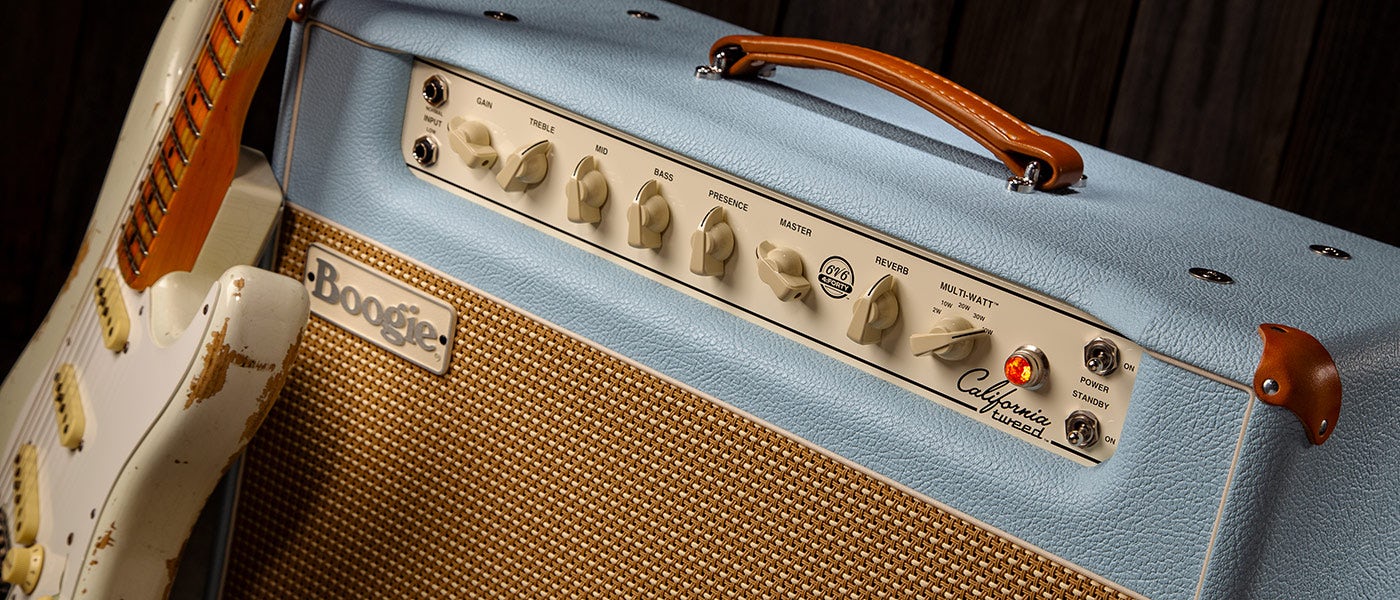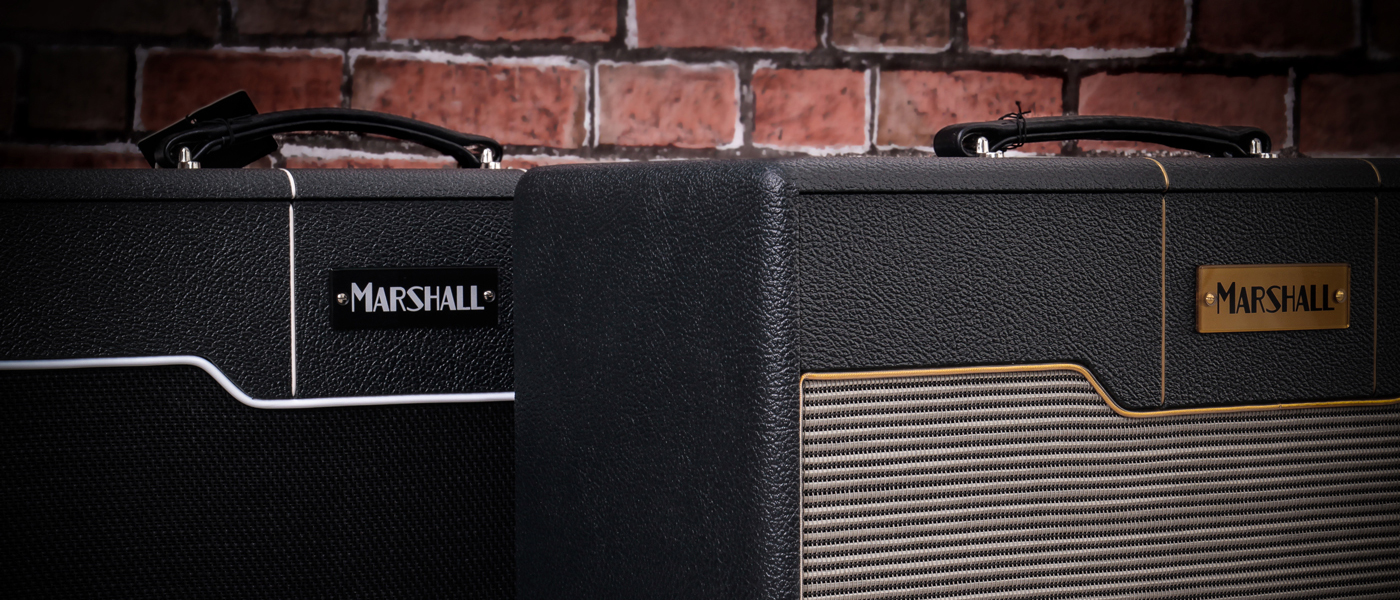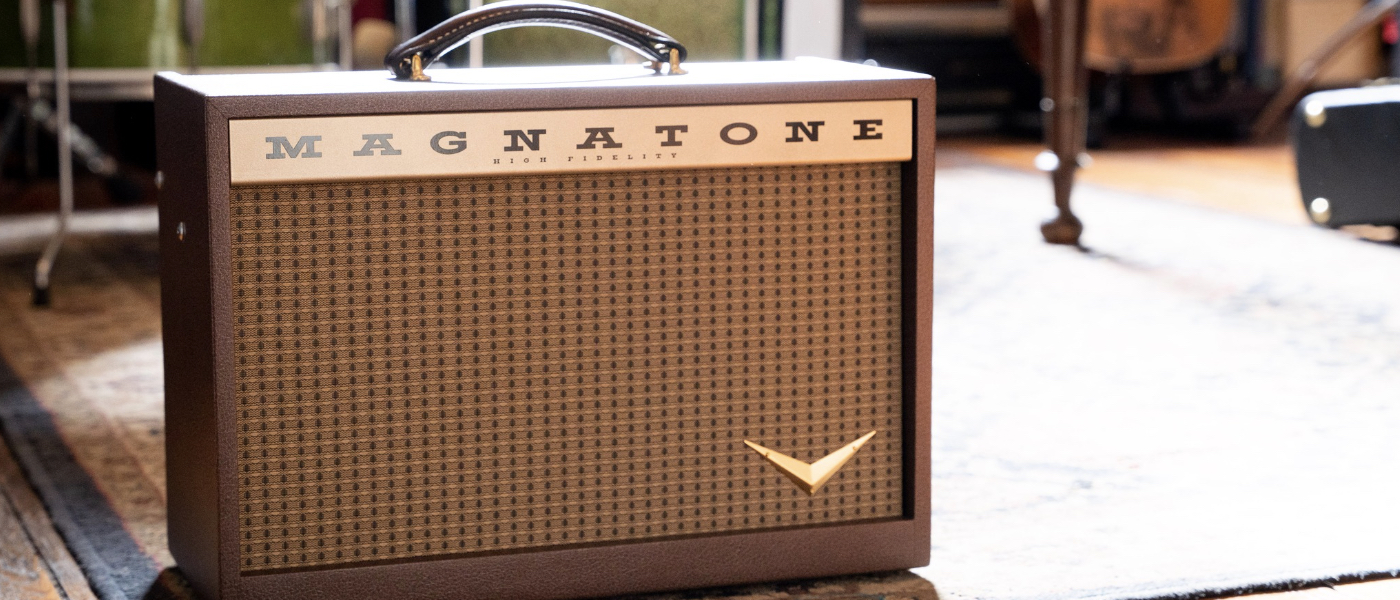- What Makes a Guitar Amp ‘Boutique’?
- Why Should I Buy a Boutique Guitar Amp?
- What Boutique Guitar Amp Brands Are There?
The guitar amp market is hugely diverse. From traditional valve amps to modern digital modellers, the amount of choice these days is staggering. With a wealth of different guitar amp brands out there too, this means that things can get confusing and even overwhelming when shopping for something new.
To help to distinguish between them, you’ll find that most seasoned guitarists will associate certain companies with the genres that their amps are best suited for. For example, Marshall amps are synonymous with classic rock and metal because of the crunchy, saturated distorted tones that they can achieve. On the flipside, Fender amps are popular with jazz and blues musicians as they sound crystal-clear and have lots of headroom and dynamic range.
However, there’s yet another variable that gets thrown into the mix — whether an amp is ’boutique’ or not. For fastidious tone connoisseurs, boutique guitar amps are considered the only way to go. But what makes these particular types of amps so desirable? In this article, we’ll expose the main qualities of boutique guitar amps to help you to decide whether they’re right for you!
What Makes a Guitar Amp ‘Boutique’?

Apart from perhaps sporting a luxurious grille cloth and an eye-watering price tag, what makes a boutique guitar amp ’boutique’ has far more to do with its construction, electronics and sound rather than its classy aesthetic appointments. Looks are still important though! You’d probably feel more inspired to play an amplifier with character compared to something that looks conventional or bland.
Valve Power
First and foremost, for a guitar amplifier to qualify as ’boutique’ — it should feature valves. This analogue technology goes as far back as the ’50s, when dedicated electric guitar amps became more readily available to consumers as rock ‘n’ roll music hit its mainstream stride. The majority of boutique amps are designed to capture the spirit of vintage valve combos from this “Golden Era”, particularly those made by Fender, and thus valves are essential in recreating their nostalgic sounds.
Even today, traditional tube amps are still considered king when it comes to achieving the best guitar tones possible. Although digital modelling amps from the likes of Kemper, Line 6 and Neural DSP can closely imitate their tonal idiosyncrasies, many traditionalists still believe that valve amps emit the purest and most authentic guitar sounds conceivable.
Superior Components, Hand-Wired
Boutique amps are typically expensive, but there are a few reasons as to why they’re worth the extra cash. For example, passionate boutique amp builders are meticulous about the quality of the components that they use. The finer the materials and circuitry that they can incorporate into an amplifier’s design, the better it will ultimately sound. As you’d expect, using premium components isn’t cost-effective! But true amp aficionados strive to construct amps that are superior to those that are mass-produced; hence their high-end expense.
Although mass-produced, PCB-based guitar amps can sound excellent; the extra attention-to-detail that goes into the build of a boutique amp makes a difference. ‘Hand-wired’ usually refers point-to-point construction, so many players feel more assured that a boutique amp will offer greater reliability, as extra care is put into the way that it’s soldered. Point-to-point also allows amp designers to utilise larger caps and resistors. This can have a large influence on the sound of an amp — usually for the better.
Why Should I Buy a Boutique Guitar Amp?

If what was described in the previous section didn’t whet your appetite for a boutique guitar amp — the points raised in this part might convince you. As it turns out, there’s actually far more to boutique amplifiers than being notoriously expensive! They have a few extra perks that make them more than worthwhile.
Easy To Maintain
As we explained, there are many guitarists who believe that boutique amps are more reliable than those made on factory assembly lines. Of course, there are some that would contest that opinion — especially as printed circuit boards are made with excellent precision and consistency.
But in general, all valve amps are susceptible to malfunctions because tubes eventually expire. If something does go wrong, point-to-point circuitry is considered easier to service than a complex PCB layout as components are more accessible to repair or replace. This means that maintaining a boutique guitar amplifier would probably cost far less in the long run.
Resale Value
There’s a huge market for second-hand guitar gear. In fact, our dedicated second-hand page is one of the most visited on our entire website! While seeking pre-owned bargains can save you a lot of money, being aware of the resale value of your gear is also very important if you regularly change things up.
A boutique guitar amp is far more likely to retain its cost over time, whereas mass-produced amps will generally depreciate with age. This will obviously vary depending on the brand and model, as well as other common factors like condition. But just like custom-made and vintage guitars, boutique amps can hold their value or even increase over time. A boutique amplifier can therefore be thought of as an investment, as well as something that probably sounds and looks fantastic!
Customisation
Boutique guitar amp companies are typically comprised of relatively small teams of people, with enough man-power to produce just a handful of amps per day (or even less). They may also not have dedicated product lines or catalogues like larger brands do; instead offering just a few models.
But the ability to request a customised amp is therefore much easier and more realistic. In fact, many boutique amp companies rely almost entirely on the specific demands of their customers. With the ability to request tolex colour, tubes, speaker type, built-in reverb tanks and more — ordering your dream one-of-a-kind amp is definitely achievable via a boutique brand.
What Boutique Guitar Amp Brands Are There?

Nowadays, there are tonnes of brands out there that specialise in boutique guitar amps. And frankly, you’re spoilt for choice at Andertons! We stock Victory, Magnatone, Tone King, Morgan, Milkman, Friedman, Hamstead and Hook Amps. There’s also a few large and established companies that offer premium boutique-style amplifiers alongside their standard lines — including Fender, Marshall, Orange, Vox and Laney.



Responses & Questions